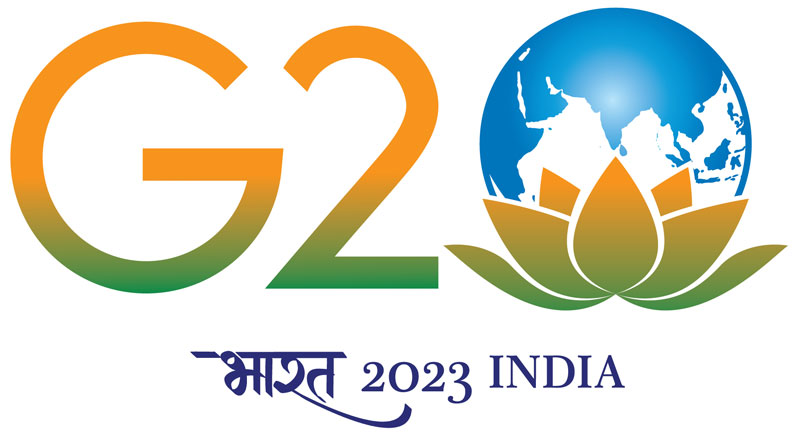Green Hub Central India Youth Fellowship Programme
For tribal youths of Central India in Partnership with Dusty Foot Foundation.
At the invitation of BRLF, a proposal was submitted by Dusty Foot Foundation (DFF) to establish ‘Green Hub Central’ to train tribal youth of the central Indian region in video and photography documentation. The documentation will be on subjects related to livelihoods, environment, wildlife, community, and biodiversity. Green Hub Central is based on the Green Hub Model that has been set up by the Dusty Foot Foundation in the northeast region of India.
The Green Hub Central India (GHCI) Youth Fellowships is an initiative of the Dusty Foot Foundation to work with tribal youth, CSOs, and Government agencies. The fellowship will encourage and empower the youth to showcase their own stories and participate in decision making to access their rights. At one level, it will create a platform for tribal youth to have a new window of learning and livelihood, and at the other level, it will create a resource centre for positive action in the region.
The Green Hub Central India (GHCI) Youth Fellowship Programme will initially cover the states of Rajasthan, Madhya Pradesh, Jharkhand, and Chhattisgarh, covering a large block of the central Indian region. The key factor for taking these states for the initial phase is that the communities here are mostly conversant with Hindi as a language of communication. With a strength of 25 per batch,100 fellows will be trained in four batches.
The main objective of the program is to increase the reach of government welfare schemes and to address challenges in sectors such as education, health, nutrition and innovation in tribal areas, in order to ensure an integrated and focused approach to the socio-economic development of the Scheduled Tribes population in a coordinated and planned manner. Keeping in mind our core competence in the field of CSO facilitation and screening, MoTA has appointed BRLF to carry out a rigorous screening process for shortlisting proposals from different parts of the country on various themes such as education, health and innovation.
Objectives of the programme are as follows:
Engaging and empowering the youth in conservation and social change.
To build the capacity of youth at documenting and sharing experiences of CSO initiatives and government policies, bringing more visibility and exposure to the work being done on the ground to support and sustain farmers and farming, and their contribution to the national economy.
Developing a resource archive which will be useful in the field of education, training and outreach.
Reconnect local youth to the opportunities and wealth of their community knowledge and sustainable practices – helping to eventually stem the migration of youth into conditions of urban poverty.
Generate employment opportunities for tribal youth.
Equip tribal youth with the skills and perspective to raise their voice and reflect their stories.
Establish a resource centre for positive action in the Central Indian Tribal Belt.
The main objective of the program is to increase the reach of government welfare schemes and to address challenges in sectors such as education, health, nutrition and innovation in tribal areas, in order to ensure an integrated and focused approach to the socio-economic development of the Scheduled Tribes population in a coordinated and planned manner. Keeping in mind our core competence in the field of CSO facilitation and screening, MoTA has appointed BRLF to carry out a rigorous screening process for shortlisting proposals from different parts of the country on various themes such as education, health and innovation.

